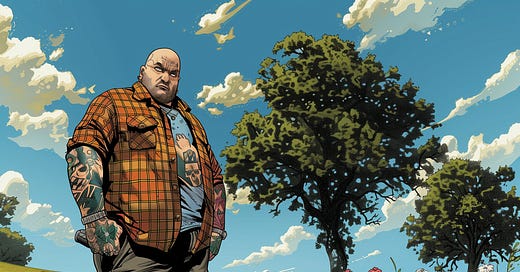No, the countryside isn’t racist
The Welsh government is just the latest institution to make this baffling claim.
The Welsh government believes that the countryside presents a problem for ethnic minorities. Its latest report on “racism relating to climate change, environment, and rural affairs” concludes that certain racial groups “face barriers created by exclusions and racism preventing them from fully participating in ‘environmental’ activities.” In response, th…
Keep reading with a 7-day free trial
Subscribe to Andrew Doyle to keep reading this post and get 7 days of free access to the full post archives.




